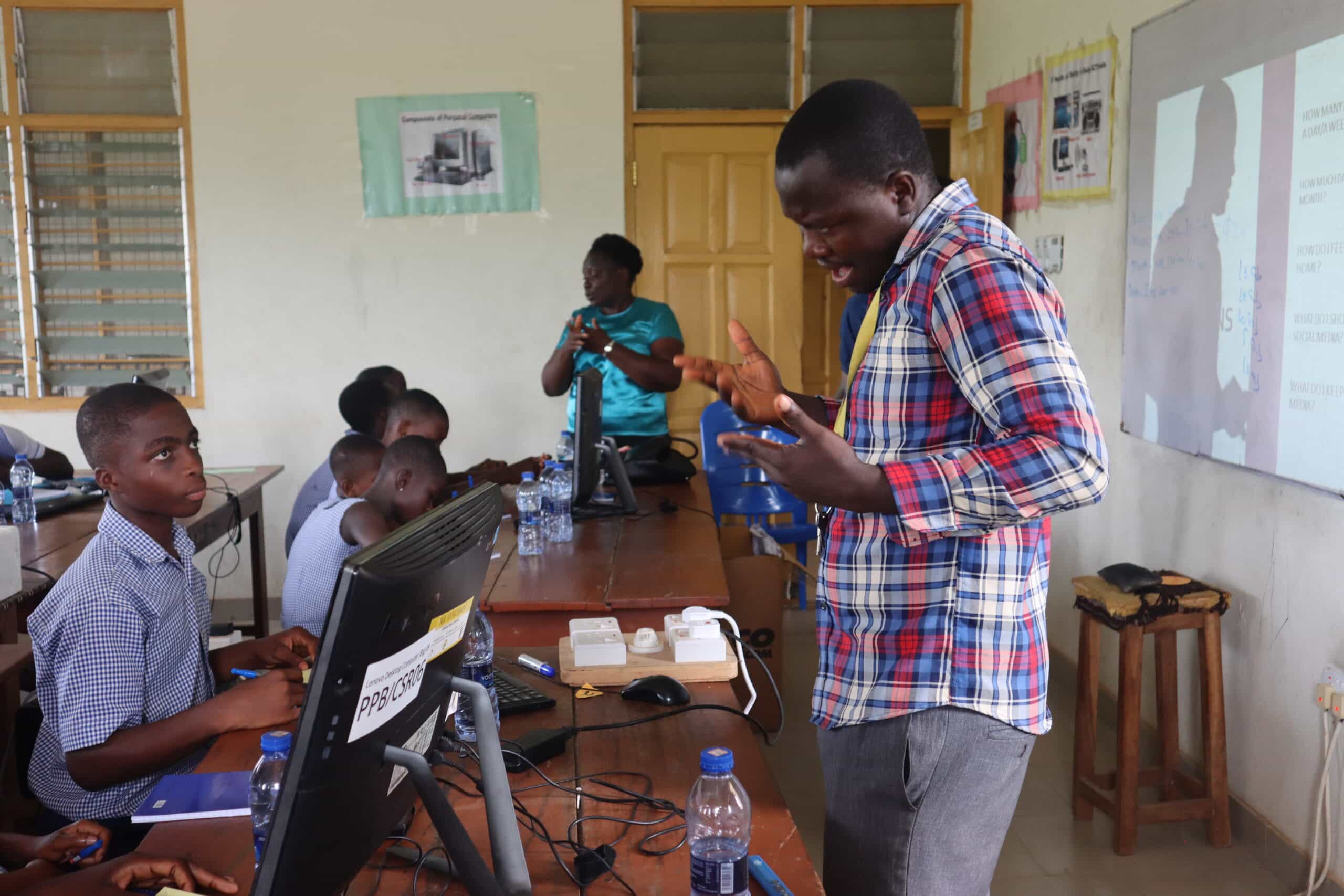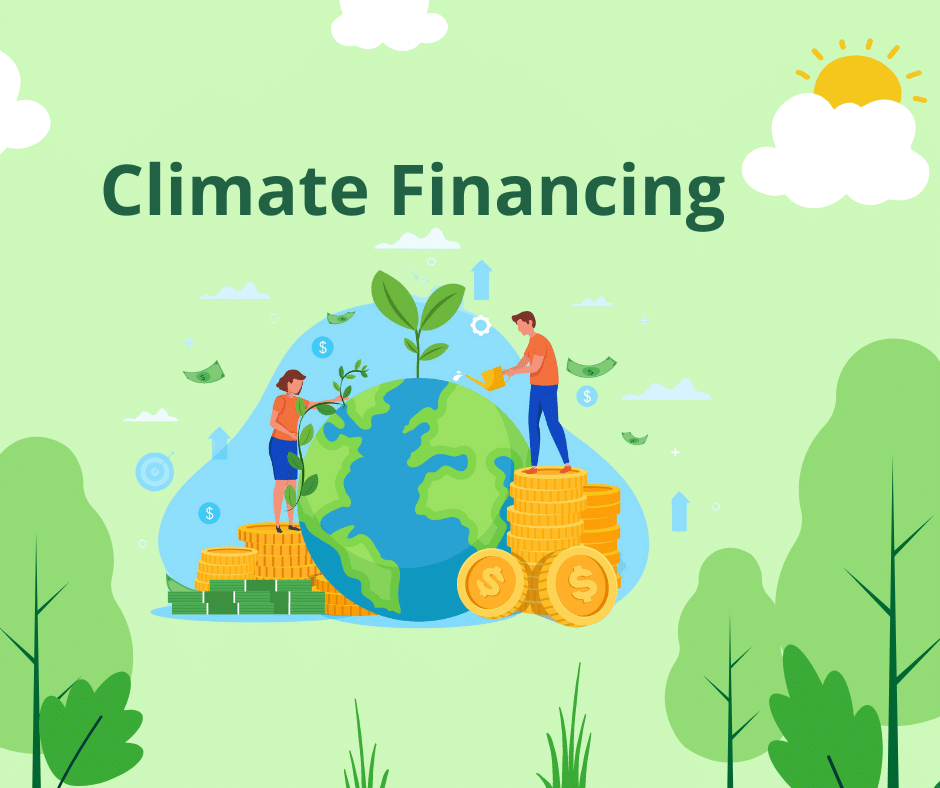Nature-based carbon removal solutions, such as tree planting, are essential in mitigating the effects of climate change. A recent analysis by Oxfam indicates that to achieve “net zero” by 2050 using “land-based” carbon removal methods like tree planting, reforestation projects, and land management techniques, “would require at least 1.6 billion hectares of new forests, equivalent to five times the size of India or more than all the farmland on the planet.”
Ghana will join the rest of the world to celebrate this year’s World Environment Day under the theme “land restoration, desertification, and drought resilience” on June 5, 2024, and this will be followed by the 4th edition of Green Ghana Day on June 7, 2024.
Green Ghana Day, an initiative of the Government of Ghana since its inception in 2021, has gained significant momentum with citizens joining in the collective effort each year to plant trees aimed at fostering a greener environment for all. The minister for Lands and Natural Resources, Abu Jinapor, is reported as saying that “in the last three years of its implementation, some 42 million trees have been planted across the country in both on and off reserves, with plans of planting an additional 10 million trees this year.”
Acknowledging the transformative impact that trees can have on mitigating climate change and enhancing biodiversity, Penplusbytes commends the government for its consistent efforts in sustaining the Green Ghana Initiative, but calls for a more holistic approach towards addressing the impact of climate change.
Addressing climate change goes beyond merely planting trees. To effectively capture carbon and ensure a healthy ecosystem, it will require a variety of measures.
In view of this, Penplusbytes is calling on the government to:
- Expedite efforts in using energy-efficient technologies to reduce energy consumption and carbon emissions. Using remote sensing and Geographic Information System (GIS) technology such as drones and ground robots to monitor deforestation, track reforestation efforts, and manage forest resources will help conserve Ghana’s forests and enhance the country’s carbon sequestration potential. The government must also pay attention to how we can use waste-to-energy systems, recycling facilities, and composting techniques that reduce methane emissions from landfills and promote a circular economy. These cutting-edge technologies will help to reduce the emission that contribute to global warming and climate change.
- The government, through the Environmental Protection Agency, must increase awareness of environmental problems and ensure the enforcement of laws and policies geared towards environmental protection. Leveraging digital platforms and social media to educate the public about climate change, its impacts, and ways to mitigate and adapt to it will foster a more environmentally conscious society. Currently, there is lack of awareness on the impact of human activities on the environment due to inadequate information and environmental education. The EPA and other relevant stakeholders must educate the masses about the consequences of their actions on the environment.
- Conduct a thorough audit on trees planted since 2021 under the Green Ghana Initiative. There is a need to bring the nation up to speed on how many trees planted in the past few years are doing well or otherwise. Reafforestation and afforestation projects go beyond putting trees in the soil, we need to care for the trees planted while at the same time making a commitment towards protecting and restoring existing forests. Tree planting must become part of our civic responsibility and be seen as part of our everyday lives.
As the zeal for tree planting continues to grow among the populace, the government, through the Ministry of Land and Natural Resources, the Environmental Protection Agency, civil society organizations (CSOs), and all other stakeholders, including the general public, must come on board in safeguarding the integrity of our environment.






